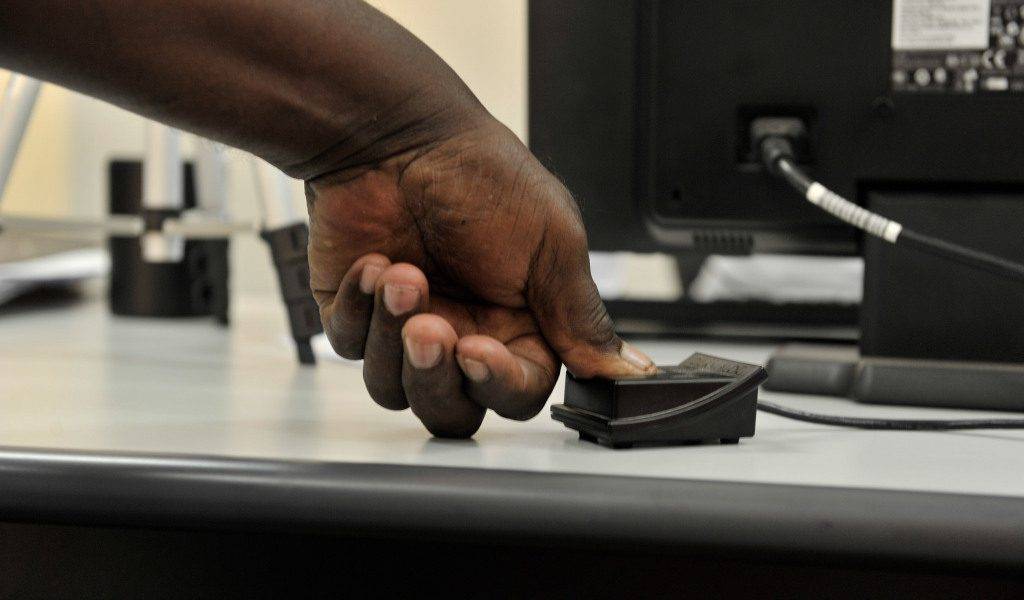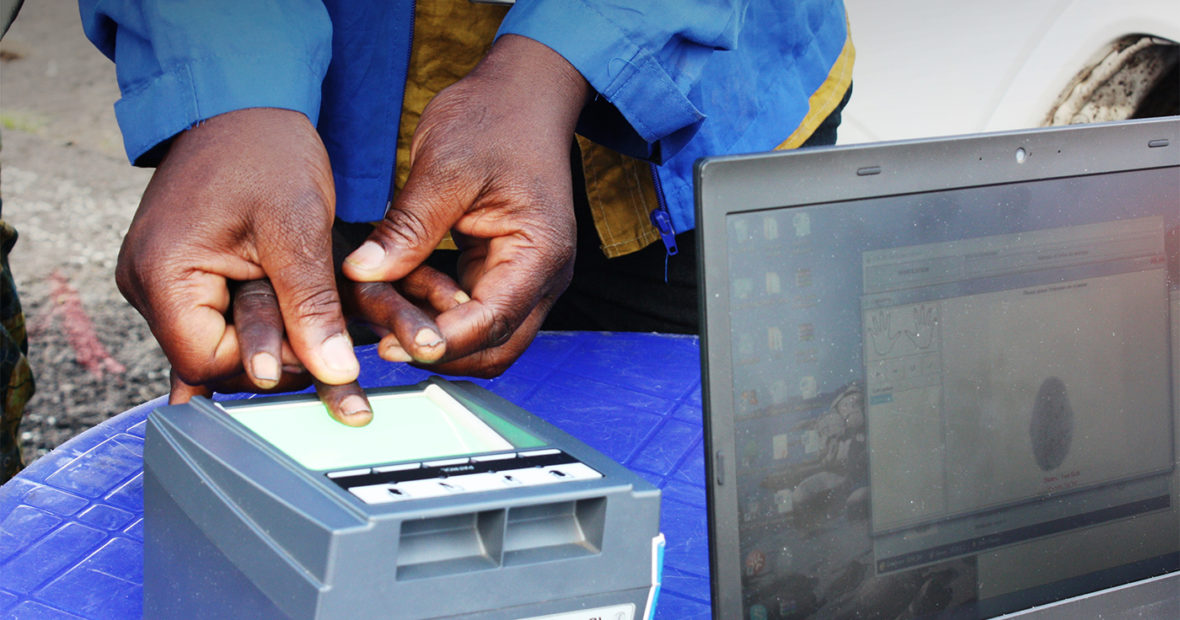A Northern State In Nigeria Has Implemented Digital Attendance To Bust Ghostworkers! So?

Almost a week ago, the government of Bauchi State – a state in the northern part of Nigeria – rolled out a biometrics attendance system in a bid to root out ghost workers. The system is meant to replace attendance registry booklets, which have since been in use in many states in the country.
The Bauchi State Commissioner of Education, Aliyu Tilde, explained that the fingerprint devices are meant to capture the attendance of daily workers in the state, especially those working in the education sector. Truancy and absenteeism among teachers in primary and secondary schools in Bauchi will be checked systematically.
Casper The Friendly Ghost?
Before the appointment of Tilde, 53.5 percent of workers in the state shun their duty posts, a trend which has told significantly on the educational sector of Bauchi.
The problem is serious to the extent that a case was cited where a teacher only reported to school seven times in eleven years. The state’s Ministry of Education has a close to 300 public schools, and the biometrics attendance has been implemented in 219 of them.
However, it’s not the first time the ghostworker conundrum is bedevilling Nigeria. It is pretty much commonplace in the country’s public sector, where a one-month-old baby made vaguely made USD 150 a month as a public sector employee.
It begs a huge question how an infant has a place in an office, but the father of the child was actually wittingly collection pension for the hours his offspring put in – even before birth.
Every year, ghost workers defraud the Nigerian government of USD 530 Mn, according to a report by Partnership For Transparency. The Buhari-led administration has attempted to combat the menace by auditing the public sector’s payroll, but a lot of workers have managed to slip through the cracks and still walk home with a “rewarding” end-of-the-month paycheck.
Africa’s largest economy still has tens of thousands of fabricated or elusive names on its payroll. Over time, the problem has only gotten worse. In January 2020, the government of Bauchi State swept its public sector with a BVN exercise and uncovered 596 ghost workers on payroll.
Is Biometrics The Right Solution?

Interestingly, this is not the first time a biometrics system is coming to play in Nigeria’s public sector. 2016, the federal government’s human resource module of the Integrated Personnel and Payroll Information System (IPPIS) in the Federal Civil Service busted 80,115 ghostworkers in the Nigeria Police Force. At the same time, the government saved a whopping NGN 68 Bn (over USD 187 Mn) of worker fraud.
The rollout of IPPIS saved the government about NGN 85 Bn (USD 234 Mn) in 2017 and NGN 202 Bn (USD 557 Mn) last year, according to Olufehinti Olusegun, the initiative’s director and a senior official at the Office of the Accountant General.
The drive to integrate all state personnel into IPPIS is part of President Buhari’s doings to streamline public spending and boost revenue. The country’s salaries and pensions are forecast to account for NGN 4.8 Tn (USD 13.4 Bn), or 47 percent, of the state budget in 2020.
So far, so good. “It’s a commendable move by the Bauchi state government, opting to employ an automated, more secure verification procedure,” says Shalom Dickson, a social innovator and founder of Paperloops – a teen-focused money management startup.
What’s The “BUT”?
In an interview with WeeTracker, Shalom pointed out: “However, it is important to note that the ghostworker problem is fundamentally a human-factor problem, and not a product problem.
Pen and paper do not lie for fake names. The product only allows for a certain way to cause the problem, and that ‘certain way’ is the process involved”.
While a digital attendance system is a move in the right direction, the human-factor problem shows there is a chance it might not go all the way.
In order to drive things towards perfection, the government may have to tackle both factors head on, not just by focusing on the product (biometrics) problem.
“As the process leak is fixed, there must be measures put in place to check the human factor or else, the problem would simply evolve into a game of how best to trick the biometric process. The institutional and organizational structures have to be optimized to tighten the connecting pipes,” Shalom revealed.
As with any data, biometric information is only as secure as the system that protects it. There is nothing inherent in raw biometric data that makes it more secure. However, if it is stolen, it can be very difficult to use. The system being used in Nigeria, in question, cannot be said to be totally cyber-secure.
Image Courtesy: Record Nepal